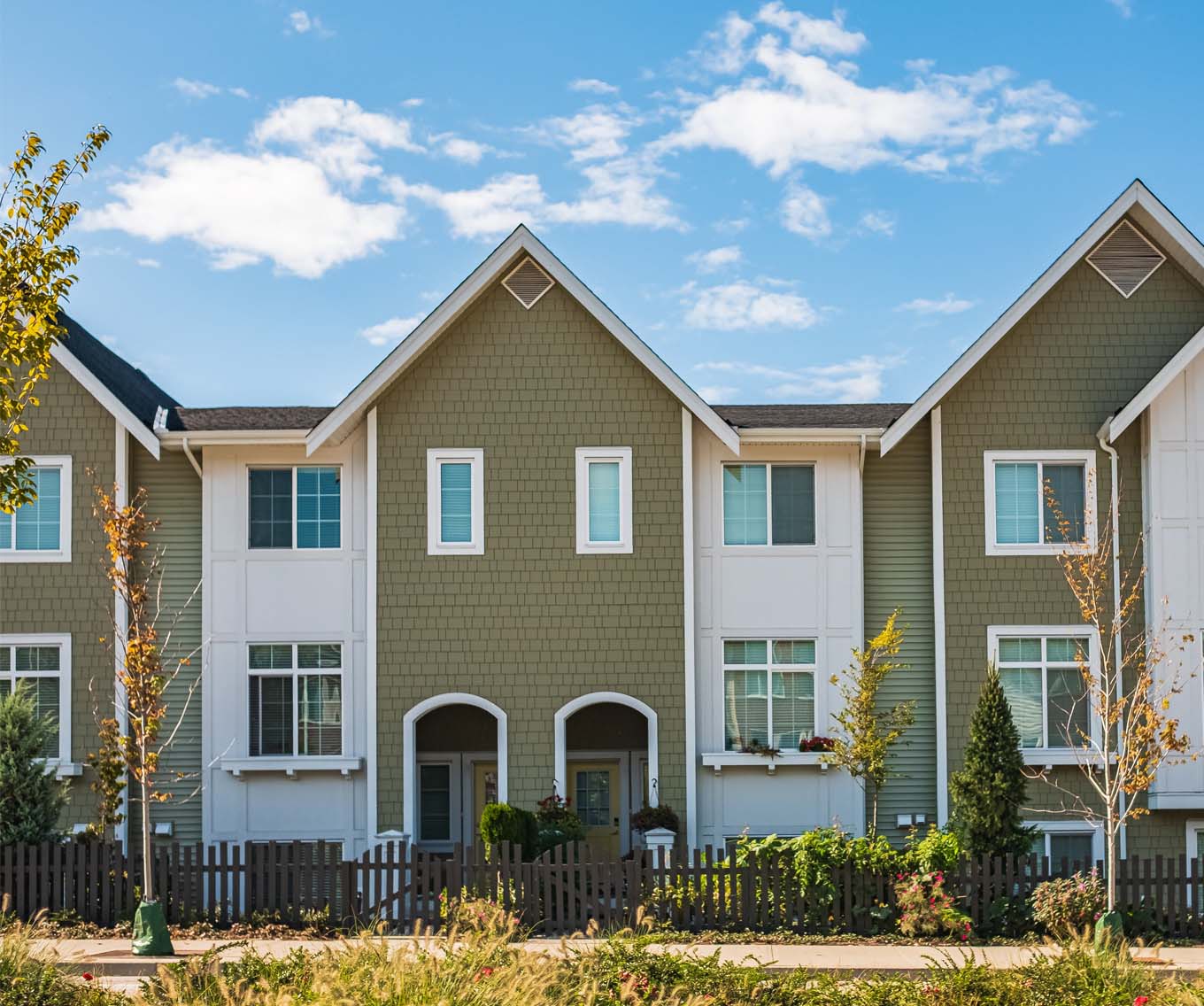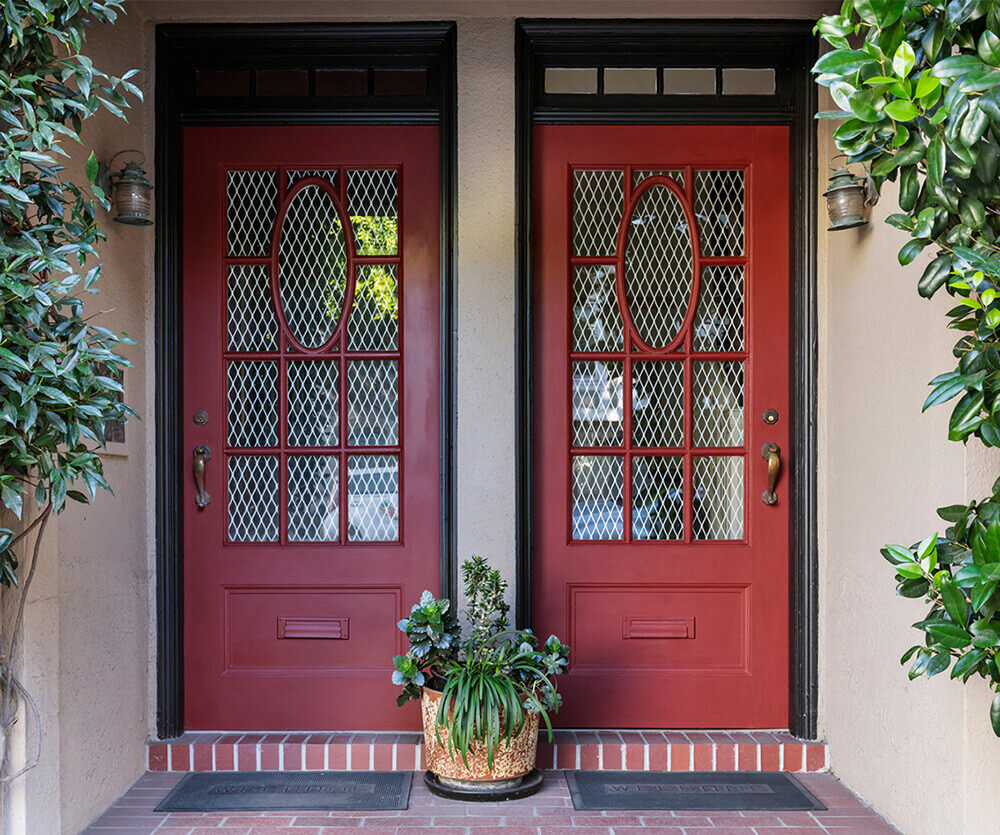Knowing what kind of home you can afford
Before you start house hunting, it’s essential to determine what type of home falls within your price range.
Calculate your budget by considering your current financial situation, monthly income, and expenses. Remember, buying a house is a long-term commitment, so avoid stretching your budget to the maximum limit. Take into account other costs such as closing costs, home inspection fees, and potential repairs.
What you should consider when choosing a home
When looking to find the right home, there are several essential factors to keep in mind:
-
The location of your future home is crucial. Consider factors like proximity to your workplace, schools, family members, and essential amenities like grocery stores and hospitals. Also, think about the neighborhood’s safety, ambiance, and potential for long-term growth in property value.
-
A strong school district can positively impact the value of your home in the long run. Research the school ratings, performance, and class sizes in the area. A top-notch school system can provide an excellent education and create a vibrant community for families.
-
You want to think about what type of home suits your lifestyle. Do you prefer a single-family home with a yard, or are you more interested in a condo with less maintenance? Create a list of must-have features to narrow down your choices effectively.
Some features to consider include:
- The number of bedrooms
- The size and style of the kitchen
- An open floor plan
- Formal dining room
- Amount of storage space
- Natural lighting
- Energy efficiency
- Updated wiring and plumbing
- A master bedroom suite
- Central heating and cooling
Different types of homes
Let’s explore some common types of homes you might come across when you’re ready to buy a home.
-
Single-family homes are ideal for those seeking privacy and independence. These houses are usually detached and come with a yard, offering plenty of space for families and potential for future expansions.
Within the category of single-family homes, you’ll find various styles and layouts to suit different preferences:
- Colonial: Featuring a classic, symmetrical design, Colonial homes are a popular choice with a center entrance and two or three stories.
- Ranch: One-story living with a sprawling layout.
- Split-level: Multiple levels, typically with short flights of stairs separating each living space, offering unique zoning possibilities.
- Contemporary: Emphasizing modern design elements, Contemporary homes often showcase large windows, open floor plans, and innovative architecture.
- Cape Cod: Cape Cod homes usually have a steep roof, dormer windows, and a cozy, cottage-like feel.
- Craftsman: Known for their craftsmanship and attention to detail, Craftsman homes feature distinctive elements and a warm, inviting atmosphere.
-
Condos are often more affordable and require less maintenance than single-family homes. They are part of a larger building or community and may come with shared amenities like a swimming pool or gym.
-
Townhouses are similar to condos but are usually multi-level units with a private entrance. They offer a blend of apartment-style living with the feel of a single-family home.
-
Duplexes are two-unit properties that share a common wall. They are suitable for buyers who want to live in one unit and rent out the other for additional income.
Considering old vs. new homes vs. fixer-uppers
When searching for the right home, you’ll encounter a variety of options, including both old and new properties. Each type has its unique advantages and considerations.
-
Old homes
The advantages of buying an old home include:
- Charm and character. Old homes often exude a timeless charm and character that can be hard to find in newer properties.
- Unique features. Antique fireplaces, vintage fixtures, and intricate woodwork are some of the unique features that may come with an older home.
- Lower purchase price. In some cases, older homes may be more affordable than newer ones, allowing buyers to get more space for their budget.
Considerations you’ll want to make when buying an old home:
- Maintenance and repairs. With age comes the need for maintenance and potential repairs. It’s essential to budget for ongoing upkeep to preserve the home’s condition.
- Outdated layouts. Some older homes may have layouts that don’t align with modern preferences, requiring renovations to meet your needs.
-
New homes
The advantages of buying a newer home include:
- Modern amenities. New homes often come equipped with the latest amenities and energy-efficient appliances, resulting in lower utility bills.
- Customization options. Buying a new home might provide opportunities for customization, allowing you to choose finishes and features that suit your taste.
Considerations you’ll want to make when buying a new home:
- Higher purchase price. New homes, especially in developing areas, may have a higher price tag compared to older properties.
- Limited character. Newer homes may lack the unique charm and character found in older properties.
-
Fixer-uppers
The advantages of buying a fixer-upper include:
- Lower initial cost. Fixer-uppers are often more affordable upfront, allowing buyers to invest in a property at a lower price point.
- Potential for equity building. By renovating a fixer-upper, homeowners have the opportunity to increase the property’s value and build equity over time.
- Personalization. With a fixer-upper, you have the freedom to personalize the home according to your preferences and style.
Considerations you’ll want to make when buying a fixer-upper:
- Renovation costs. It’s crucial to accurately estimate renovation costs and ensure they align with your budget and timeline.
- Hidden issues. Fixer-uppers may come with unforeseen problems that reveal themselves during renovation.
Falling in love with your future home
As you embark on your house-hunting journey, you may find yourself falling in love with a particular property. However, don’t forget to consider other practical aspects, such as location, price, and budget. Falling in love with a house is wonderful, but it’s essential to maintain a balance between emotions and logic during the decision-making process.





